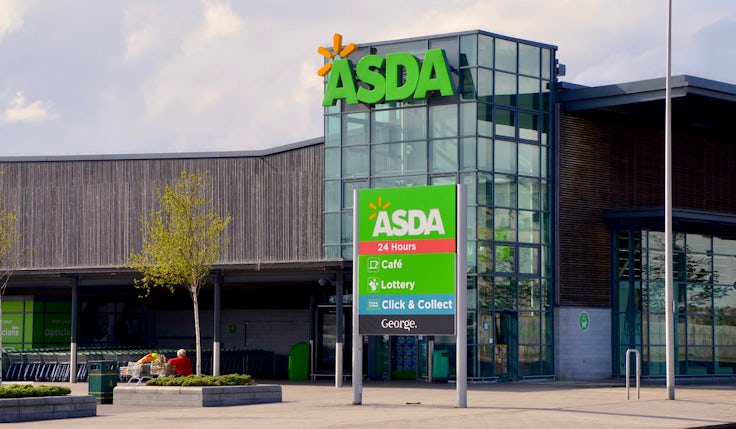IPA launches model to help guide marketers through the ‘effectiveness thicket’
The IPA is imploring marketers to adopt a formal learning agenda to drive effectiveness, rather than seeking an all-encompassing, one-size-fits-all solution.
 The Institute of Practitioners in Advertising (IPA) has launched a report that introduces a new approach to effectiveness culture, designed to “help steer marketers through the effectiveness thicket”.
The Institute of Practitioners in Advertising (IPA) has launched a report that introduces a new approach to effectiveness culture, designed to “help steer marketers through the effectiveness thicket”.
The ‘Making Effectiveness Work’ report launched today (9 October) advises marketers to focus on learning in their effectiveness culture and eschew the idea of there being a single “silver bullet” approach. Organisations are advised to take a MESI (Model-Experiment-Simulate-Implement) approach in their learning agenda, the report recommends.
That model involves a combination of several approaches and can be used for tactical, campaign and strategic decisions, the IPA says. The starting step, as advised by the MESI approach, is to begin with a model. That could be marketing mix modelling (MMM), data-driven attribution or consumer modelling. The aim of this is to map marketing effectiveness and highlight where changing the plan might be most effective.
The second step is around experimentation. The IPA advises marketers to experiment around the change they are considering implementing and find out what they need to know to move forward.
Measurement is not the be-all and end-all of effectiveness
The third step is to combine the evidence gathered from the model and experimentation and put that into a simulation tool. Ideally, the simulation tool would allow for strategic not just tactical simulation, the IPA advises.
Finally, marketers must use all they have learned and implement this and scale, with evidence from the modelling and experimentation providing powerful persuasive tools to win over stakeholders.
The report, authored by Simeon Duckworth, Neil Charles and Duncan Stoddard of the Melt Collective, argues that the MESI method, applied as part of a formal learning agenda, should be used instead of a trying to find one perfect technique or a single universal ROI.
The authors of the report describe a formal learning agenda “as a commitment to experimentation, innovation and (hopefully) better understanding and better results”. They argue it is more focused than a programme of research and analytics and can also help cut across organisational silos by providing information that can change minds and decisions.
It is much more about establishing a process and culture of effectiveness than quick tricks, says Duckworth.
“This report aims to help steer marketers through the effectiveness thicket, using the core techniques of marketing mix modelling, experiments and attribution,” says the IPA’s director of effectiveness Laurence Green. “What they will find is that the solution lies more in establishing a decisive, effectiveness culture than in chasing the perfect evaluation technique.”







